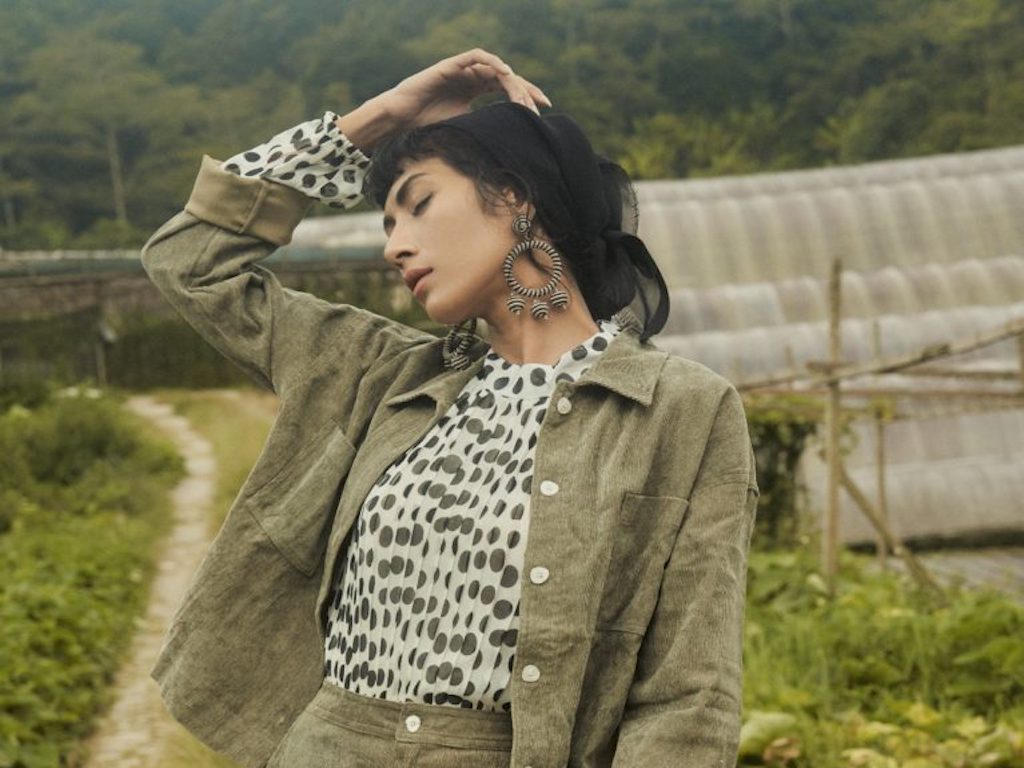3 Mins Read
Asian online fashion retail giant Zalora has just partnered up with luxury resale platform StyleTribute. The collaboration will offer users over 10,000 new choices of preloved luxury clothing, bags and accessories on Zalora’s mobile and web platforms, a move signalling that the future of the industry is heading for sustainable. The news comes as a wave of mainstream fashion retailers have hopped on the secondhand trend, driven by consumers that are increasingly wary of the environmental footprint of their fashion choices.
In a new initiative, one of Asia’s largest fashion e-commerce platforms Zalora has teamed up with Singapore-based second-hand luxury company StyleTribute to offer users with over 10,000 new preloved fashion pieces. The feature is already live on Zalora’s website and mobile app for eco-conscious fashionistas, and the company considers the campaign is a part of its strategy to move towards and scale-up their circular economy business model.
“Our partnership with StyleTribute marks a big step forward towards building a circular economy in fashion at-scale in the region. Over 200 million internet consumers across Southeast Asia will now have all purchase options made easily available, including preloved items, when they’re shopping on Zalora,” said Zalora CEO Gunjan Soni.
The new preloved collection on Zalora is displayed on the main front of the e-commerce fashion platform, and all the orders will be fulfilled via the company’s existing delivery network. According to a spokesperson for Zalora, the company plans to introduce more sustainability-related campaigns in the coming months.
Commenting on the mission of StyleTribute with this major partnership, the CEO of the luxury resale platform Francois Gutierrez said that it would enable fashion enthusiasts to build wardrobes that are “restorative and regenerative,” adding that it would “raise the level of ambition as ethical shoppers…by being conscious of extending the life cycle of luxury goods.”
It’s worth underling the large amount of resources that go into manufacturing fashion products, especially luxury goods. Altogether, the entire fashion industry is responsible for over 10% of global carbon emissions, with increasing demand driving this figure up to 24% of the global emissions budget by 2050. Not only does the production of textiles, many of them synthetic, use up colossal amounts of oil, the process also involves the use of toxic dyes and bleaches that pollutes waterways and degrades topsoil.
In the case of many luxury fashion pieces, the materials used might be derived from animals too, such as down feathers, wool and leather, which poses additional concerns about animal cruelty. In addition to all of this, deadstock, offcuts and end-of-life clothing, many of which are still in good condition, are left to rot in landfills, which makes extending the lifespan of fashion products all the more important to combat the environmental footprint of the industry.
Zalora’s move follows the footsteps of multiple high-profile mainstream players who have introduced resale as a part of its sustainability credentials. To cope with the increasingly eco-conscious demographic of shoppers, upmarket retail giants such as Harvey Nichols and Selfridges have both installed drop-off points for items to be refurbished and resold. Popular e-commerce company Farfetch have too unveiled a “Second Life” initiative, which gives shoppers credit in exchange for second-hand designer apparel and accessories.
Most recently, fast fashion behemoth H&M unveiled their first rental and repair concept in Stockholm, which was followed by another initiative by the H&M-owned upmarket brand COS to launch a rental service across China.
Established industry players are vying for a share of the market that independent fashion resale platforms have tapped into in recent years. After the success of consignment giants like thredUP and The RealReal, second-hand platforms have popped up all over Asia to cater to all kinds of fashion needs. Here in Hong Kong, there is Retykle focusing on reselling designer childrenswear and baby clothing, online luxury pre-owned website HULA, and LUXARITY, a social initiative selling preloved fashion staples.
Lead image courtesy of Zalora.




